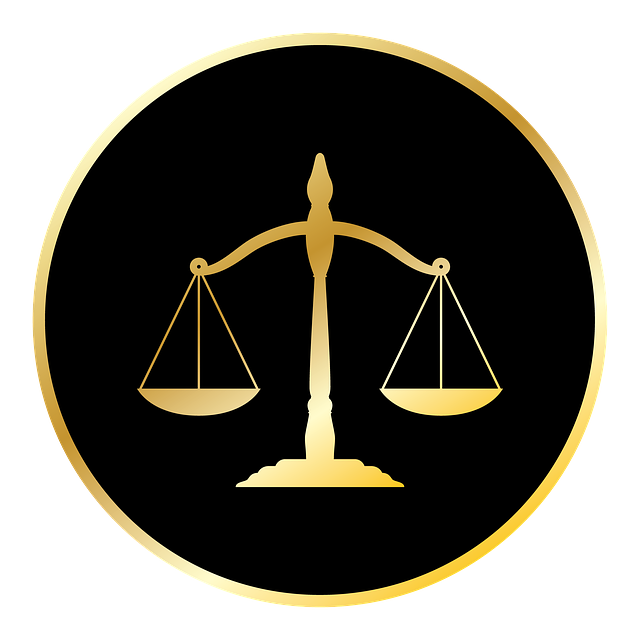Contempt, a legal violation of court orders, carries consequences like fines and imprisonment. Understanding rights and employing strategies like demonstrating good faith or challenging order validity can defend against charges. Legal counsel specializing in contempt matters is vital for navigating complexities and enforcing obligations, such as debt payment or custody agreements, with potential wage garnishment and asset seizure.
Contempt obligations and their legal implications are a crucial aspect of maintaining justice and order. This article aims to dissect the intricate world of contempt, offering a comprehensive guide for all. We’ll explore defining contempt, delve into its legal foundations, and uncover the strategic defenses available against charges. Furthermore, we’ll examine the enforcement of contempt orders and the consequences that follow. Understanding these concepts is essential for both individuals and legal professionals navigating contempt-related matters, providing valuable insights into effective legal strategies.
- Defining Contempt: Legal Basics and Obligations
- Strategies for Defense Against Contempt Charges
- Enforcement and Consequences of Contempt Orders
Defining Contempt: Legal Basics and Obligations

Contempt is a legal term that carries significant weight, often used in civil and criminal proceedings. It refers to willful disobedience or failure to comply with a court order or an established rule or regulation. When individuals or entities fail to meet their obligations, it can lead to dire consequences, especially when it involves intricate matters of law.
In legal terms, contempt obligations are specific duties imposed by a court to ensure adherence to its orders and processes. These obligations vary depending on the context but generally involve actions like attending hearings, providing evidence, paying fines, or adhering to injunctions. Failure to fulfill these obligations can result in various legal strategies being employed against the contemnor, including fines, imprisonment, or both. The severity of the punishment often depends on the level of disobedience and the potential impact on the case’s outcome.
Strategies for Defense Against Contempt Charges

Facing contempt charges can be a stressful and complex experience. However, understanding your rights and employing effective legal strategies can significantly strengthen your defense. One key approach is to present a clear and compelling argument regarding the lack of intent to disobey or disregard a court order. This might involve demonstrating that you had a good-faith misunderstanding of the order’s requirements or providing evidence of your efforts to comply with the best of your abilities.
Additionally, building a strong record of compliance history can be powerful. Showing consistent adherence to previous court orders and a track record of fulfilling obligations can help sway the court in your favor. Other effective defenses include challenging the validity of the underlying order or presenting extenuating circumstances that contributed to any non-compliance. Engaging legal counsel specializing in contempt matters is crucial for navigating these complexities and crafting a robust defense strategy.
Enforcement and Consequences of Contempt Orders

Contempt orders, when issued by a court, carry significant weight and are designed to enforce compliance with a legal obligation. These orders are powerful tools in ensuring that individuals or entities adhere to court-mandated requirements, such as paying financial debts or adhering to custody agreements. The enforcement of contempt obligations involves a range of legal strategies, including wage garnishment, asset seizure, and even jail time for those who willfully violate the order.
Consequences can be severe, impacting both personal and professional aspects of life. Individuals found in contempt may face immediate financial repercussions, loss of employment opportunities due to incarceration or restrictions on their ability to conduct business. For parents who fail to meet child support obligations, contempt orders can result in penalties that directly affect their parental rights and guardianship. Understanding the potential outcomes emphasizes the importance of adhering to legal requirements and seeking professional legal counsel to navigate these matters effectively.






